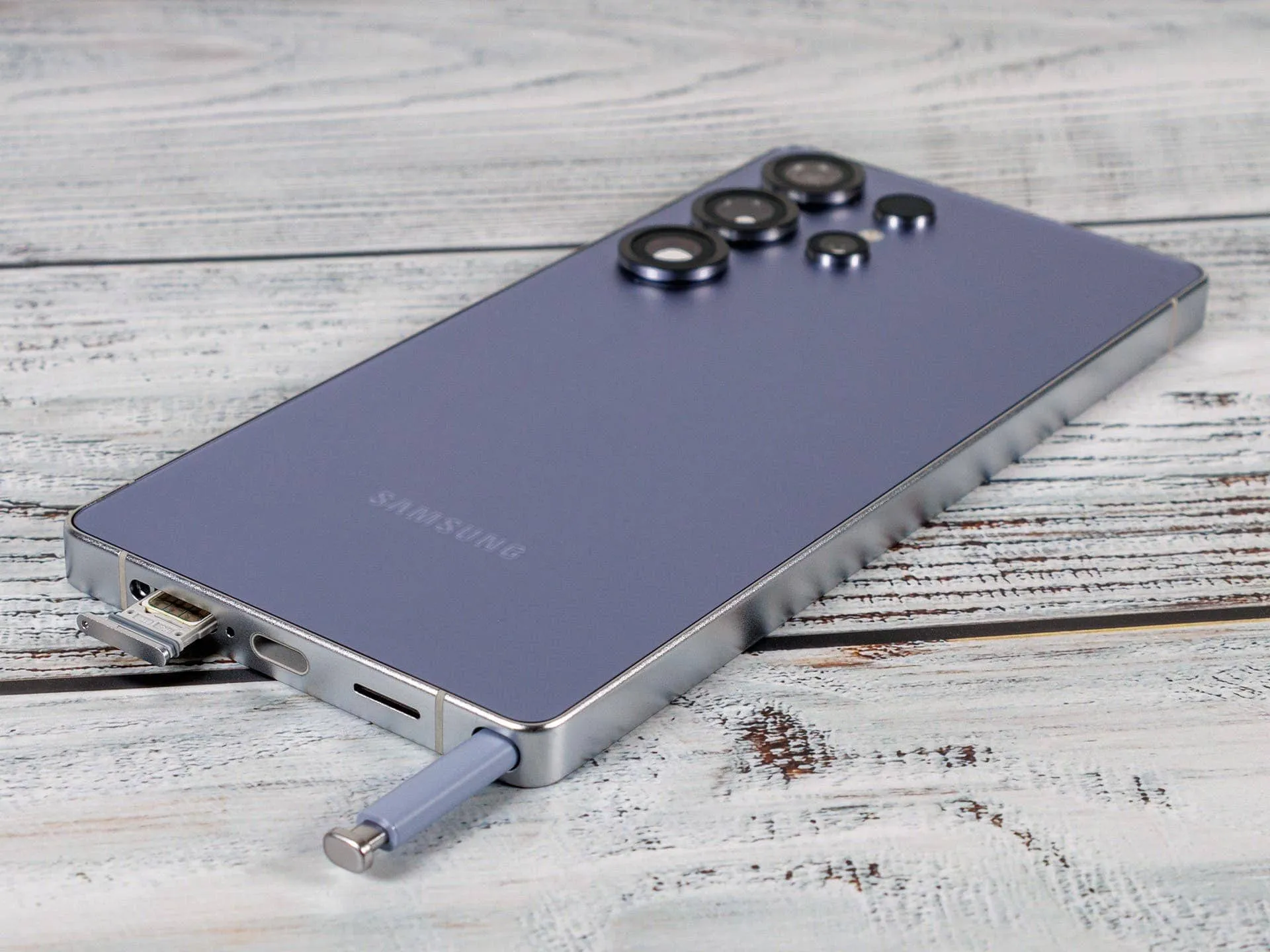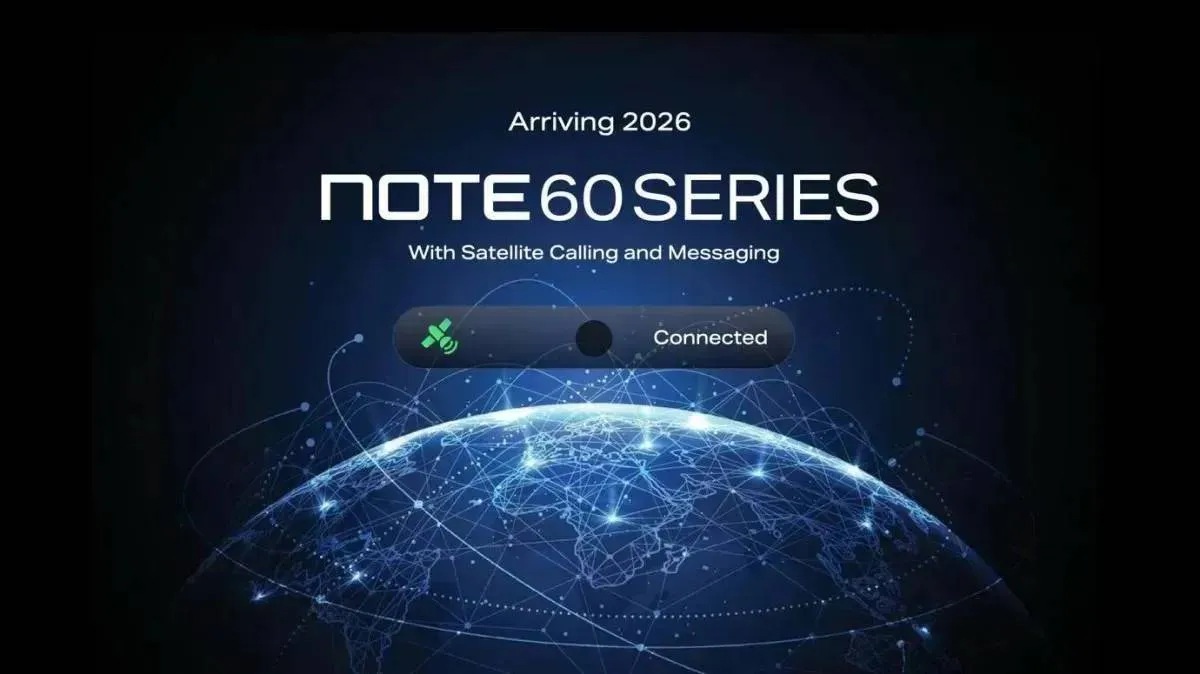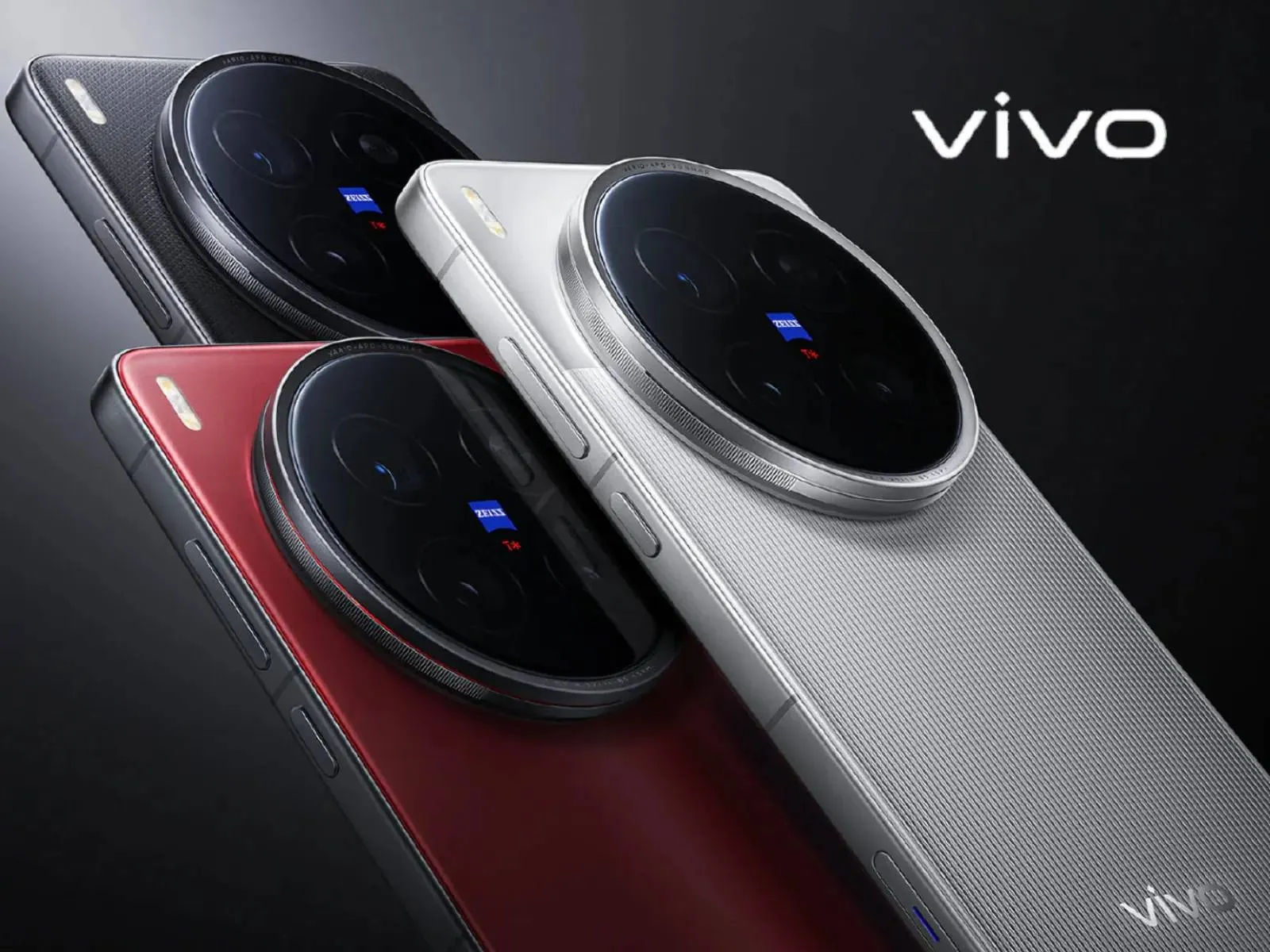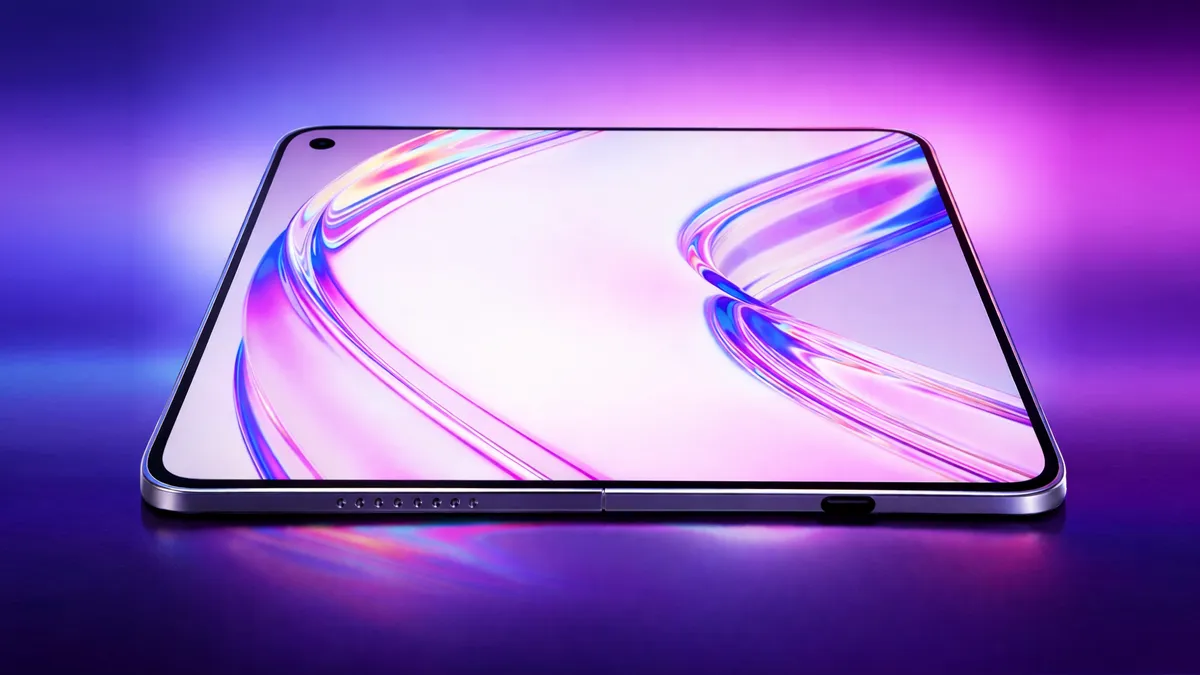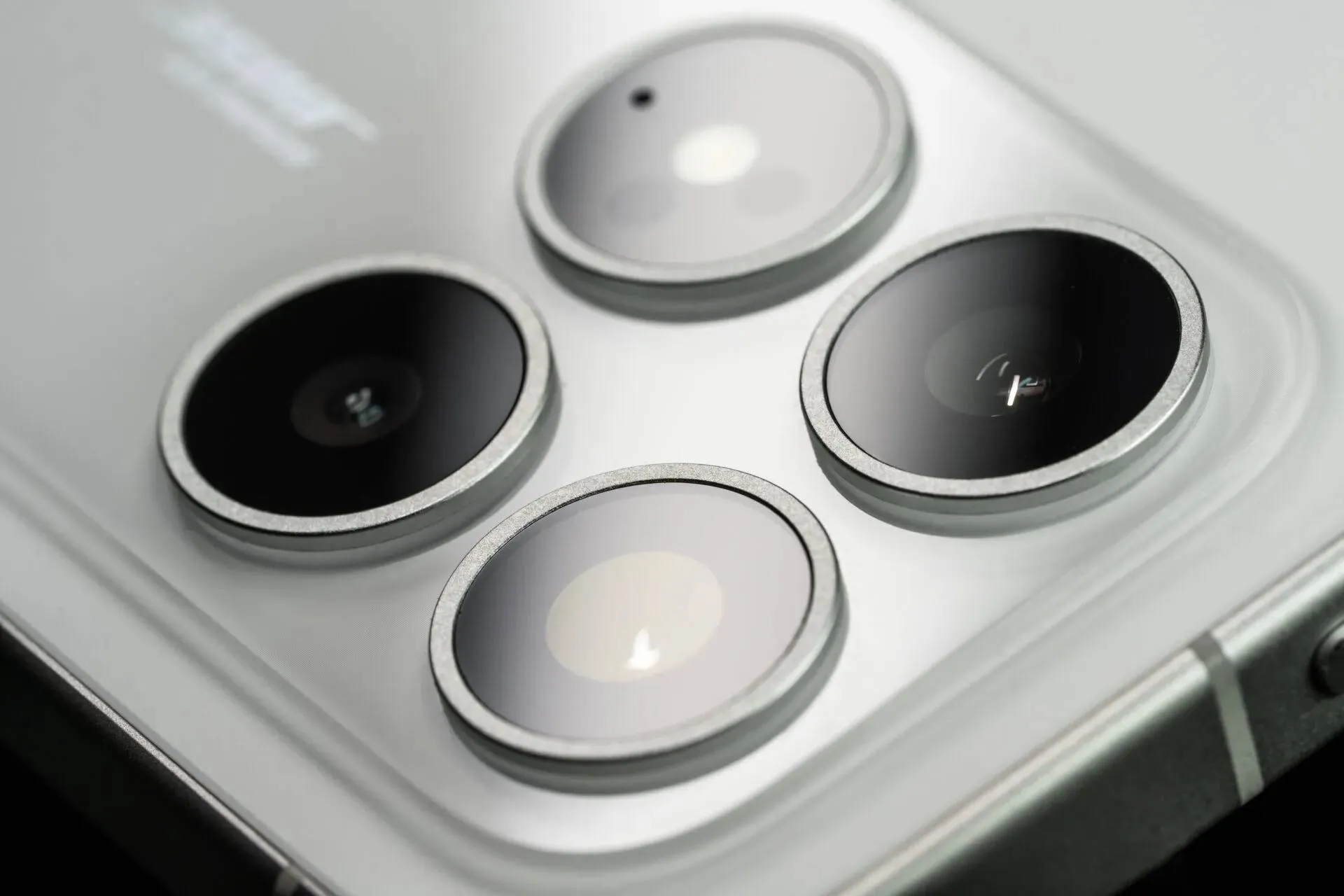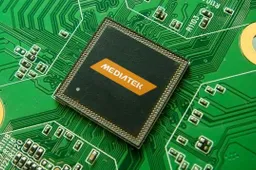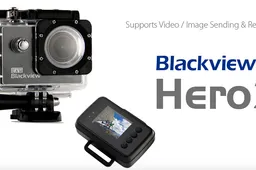
Ulefone have confirmed that their upcoming Ulefone Be Touch model will ship with a 13 mega-pixel Sony IMX 214 rear camera.
If you cast your mind back to the release of the Ulefone Be Pro you might remember there was a bit of an issue with the main camera. Promotional material claimed it was a 13 mega-pixel Sony sensor, but it was later discovered that an 8 mega-pixel Omnivison sensor was actually used.
Hopefully that is all in the past as they have once again claimed that a new device of theirs will boast that 13 mega-pixel Sony IMX 214 sensor. This is the very same sensor as the one found in the OnePlus One, but with a smaller f2.2 aperture size don’t expect the same of low-light performance.
The Ulefone Be Touch is planned for release in the coming weeks and will offer the same 64bit MT6752 chipset, fingerprint security and Android 5.0 Lollipop features as the Elephone P7000 and Mlais M7.
Stay tuned for more news.
[ Ulefone ]
Loading
